How To Prevent Garage Fires
Nobody ever prays for any fire, even a garage fire. Fires can be dangerous and even deadly if not properly handled, resulting in losing lives and valuable property. How can one prevent fires from occurring in a garage? In this article, discover the causes of most garage fires, how to avoid them and how to tackle them.
What Causes Most Garage Fires?
The leading cause of most garage fires is an electrical malfunction. When the wires are damaged, electrical outlets are overloaded or there is a short in the wires, a flame can start very quickly.
There are also several activities carried out in the garage that can result in a garage fire. If you are into DIY and do welding or work on your car in your garage, you might be at risk for a fire. These activities require that you work with all sorts of flammable materials. Flammable liquids such as motor oil, gasoline, and paint can be found in most garages. Varnish, brake fluid, lighter fluid, and paint thinner are more flammable liquids found in a garage. Gasoline and oil can drip from cars. These flammable fluids can collect and easily ignite in the wrong situations.
Your car batteries can also spark and cause a fire under certain conditions. Certain items like water boilers and heaters, usually stored in garages, can also spark and ignite fluids or fumes.
Your garage is most likely set up in a way that will cause fires to flourish. Garage fires are very dangerous and usually more severe due to the number of flammable materials kept in a garage. Unfortunately, garage fires can go undetected for more extended periods because most people spend little time in their garages and do not install a smoke detector in the garage.
This means that garage fires tend to spread quicker and further, leading to property damage or even severe injuries.
How to Prevent Garage Fires

There are certain precautions you can take as a homeowner to prevent garage fires. Some of them include:
- Keep flammable items on shelves far away from appliances.
- If your garage allows access to the attic, ensure that a hatch covers this access.
- Avoid plugging more than one charging appliance into an outlet.
- When charging any appliance, avoid using an extension cord.
- Store liquids such as propane, gasoline, varnishes and paints in a shed far from your home.
- Ensure that your ceiling and walls are fire-rated. It can be challenging for untrained homeowners to tell if their walls are fire-rated, so have an inspector examine the ceiling and walls to ensure they are adequate fire barriers.
- Clear your garage floor of clutter. Potentially flammable items such as matches, oily rags and loose papers can be very dangerous if they are littered about your garage floor.
- Tape down all your wires and cords, so they are not yanked accidentally or twisted.
- Use light bulbs with the proper wattage and avoid overloading any electrical outlets in your garage.
- Get a heat alarm installed. A heat alarm will let you know when the temperature in your garage gets too high. A fixed temperature heat alarm will alert you when the temperature in your garage gets to 136 degrees Fahrenheit. You can also get a rate-of-rise heat alarm that operates when there is a sudden temperature rise. Although smoke alarms are sensitive to different types of fumes, heat alarms are the more reliable option.
- Ensure all access points are cleared. Most times, homeowners make use of the extra space in their garages for storage. However, it would be a lot safer if you made sure that each access point remained clear for quick exit and entry. Your garage door and house door should stay clear at all times. Carry out necessary maintenance to ensure your garage door is functioning properly to facilitate a quick exit during emergencies.
If your garage has a connecting door to the living area, you should observe the following precautions:
- Ensure that the door is self-closing. Even though it might seem inconvenient, especially when you have to bring groceries into the house from the car, self-closing doors are your best bet. In the event of a fire, it can be unfortunate to leave the connecting door open accidentally.
- A pet door is a bad idea. Do not create a pet door in the door, as this can facilitate the spread of fire into the living area, especially if the pet door is made of plastic.
- Does your connecting door have a window? Have a professional come by and inspect the window to determine whether or not it is fire-rated.
- Inspect the open spaces and joints around the door. Ensure they are tightly sealed as any openings can allow dangerous fumes such as gasoline vapour or carbon monoxide to get into the living area.
.
What To Do When You Have a Garage Fire

When you discover that your garage is on fire, it can be very easy to panic. However, you must remain calm and take control of the situation, preventing it from escalating. Here are a few things you can do when you have a garage fire.
1. Make use of your fire extinguisher
Before you have to deal with a fire, ensure that you have practiced using a fire extinguisher. Untrained persons shouldn’t make use of a fire extinguisher as this could be potentially dangerous. Ensure that you have a safe evacuation route and the alarm for fire has been raised before you attempt tackling the fire yourself.
Once you are sure you have the right fire extinguisher for the fire, follow these four steps:
- Pull the pin on the extinguisher to break the tamper seal.
- Aim low, directing the hose or the nozzle to the base of the fire. Avoid touching the horn on a CO2 extinguisher because it gets very cold and can damage your skin.
- Squeeze the handle to release the fire extinguishing agent.
- Sweep from side to side at the fuel source, the firebase, until you put the fire out completely.
Most people can put out small fires easily. However, you should know your limit as serious injury or even death can result from tackling a fire beyond your capabilities. Only attempt to put out a fire in its early stages and make sure you put your and other people’s safety first.
Once you realize that you cannot put out the fire or your extinguisher becomes empty, evacuate the building immediately, ensuring that all doors are closed behind you, and contact the fire brigade.
2. Call emergency services
Once you notice a fire in your garage, the first thing you should do is contact the fire service. Be sure to give a clear report of what you have observed, the steps you’ve taken, and your address. Be sure to follow whatever instructions you are given over the phone as they are the professionals and are in the best position to give you advice.
3. Evacuate the garage
If you are in your garage when a fire starts, evacuate immediately. Do not try to salvage anything! Leave the garage immediately once you realize the fire is bigger than what you can control or attempt to put out. Ensure that you shut the garage door behind you securely to control the fire and prevent the spread.
4. Disconnect the electricity
When dealing with an electric fire, disconnect the electricity to the source of the fire if possible. If the source of the fire is an appliance, unplug it immediately. Unplugging it will help reduce the risk that the fire will spread, allowing you to focus on only that source of the fire. If you can’t unplug the source, go ahead and disconnect the power in your home. If you can get to the electrical panel safely, go ahead and turn the electricity off. Once the electricity is out, you have tackled the issue of electrocution, and there is no more fuel for the fire.
5. Raise alarm
It is always a great idea to let people know when there is a fire. Make sure that you call people’s attention to the situation you are currently dealing with so that they can rally around and help you if possible. Another reason you should raise the alarm, especially if you have neighbors, is to get ready to evacuate if need be.
Conclusion
If you reside in Toronto or the GTA and search for the best, most knowledgeable garage door experts in Toronto, check out TBC Garage Doors.
We are a reputable company that provides professional garage door installation, replacement, and repair. We also offer emergency services, and our specialized team is available whenever you need help.
Some of our services include new garage door installation, garage door spring installation/repair, garage door sensor repair/set up, garage door opener belt installation/repair. Garage door framing, among many others. We also handle different doors, from sectional, roll up and side hinged garage doors to up and over/tilt-up canopy garage doors.

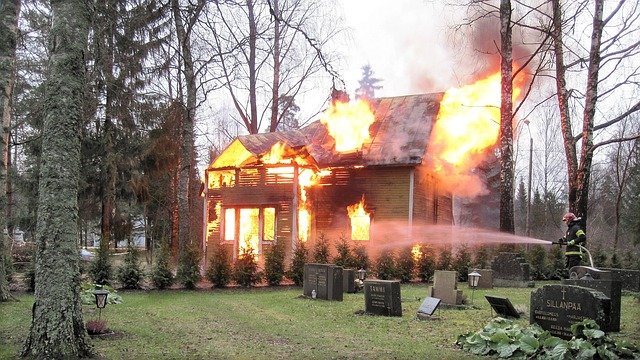
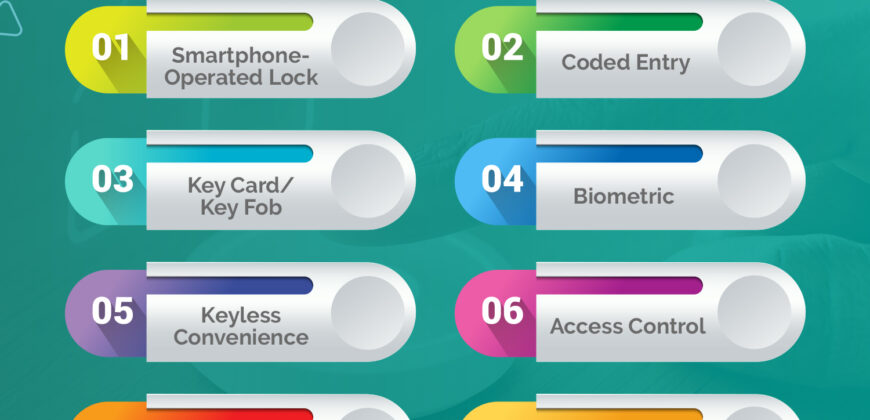
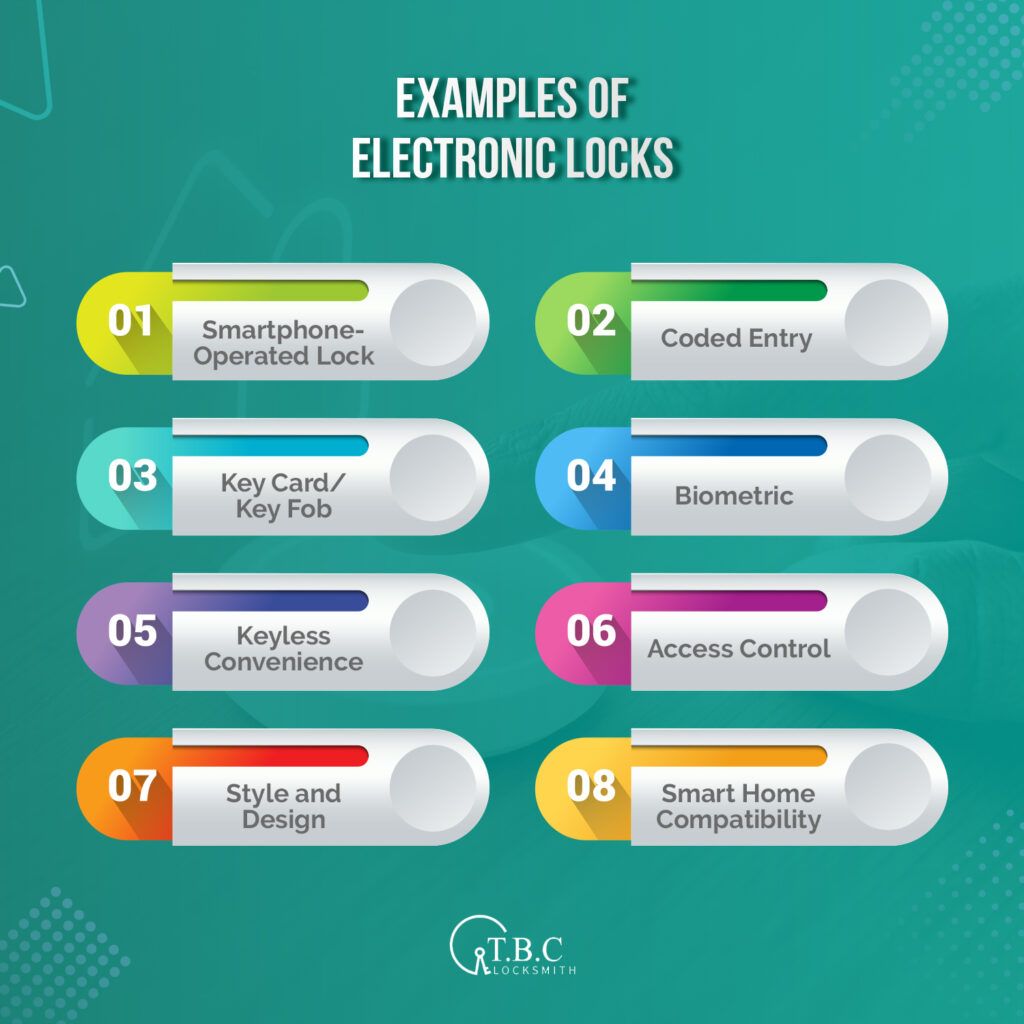
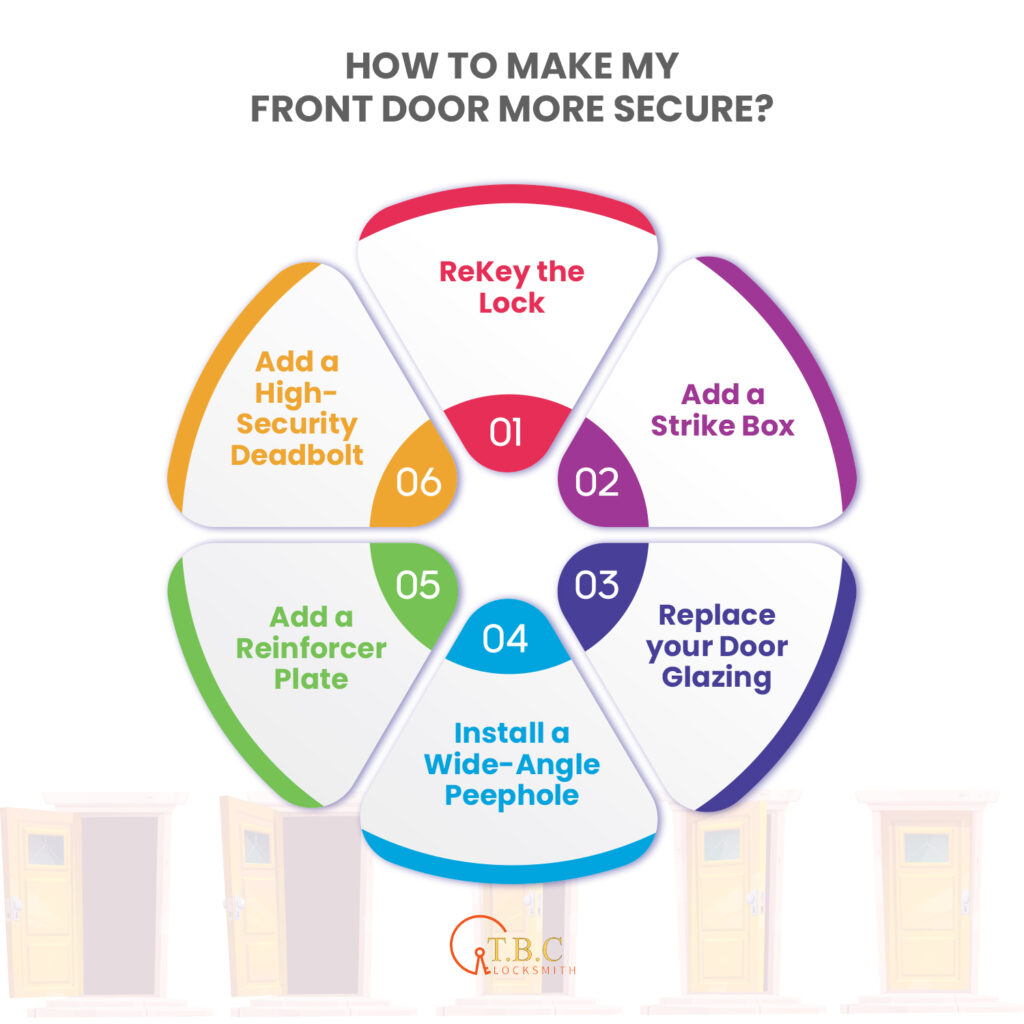
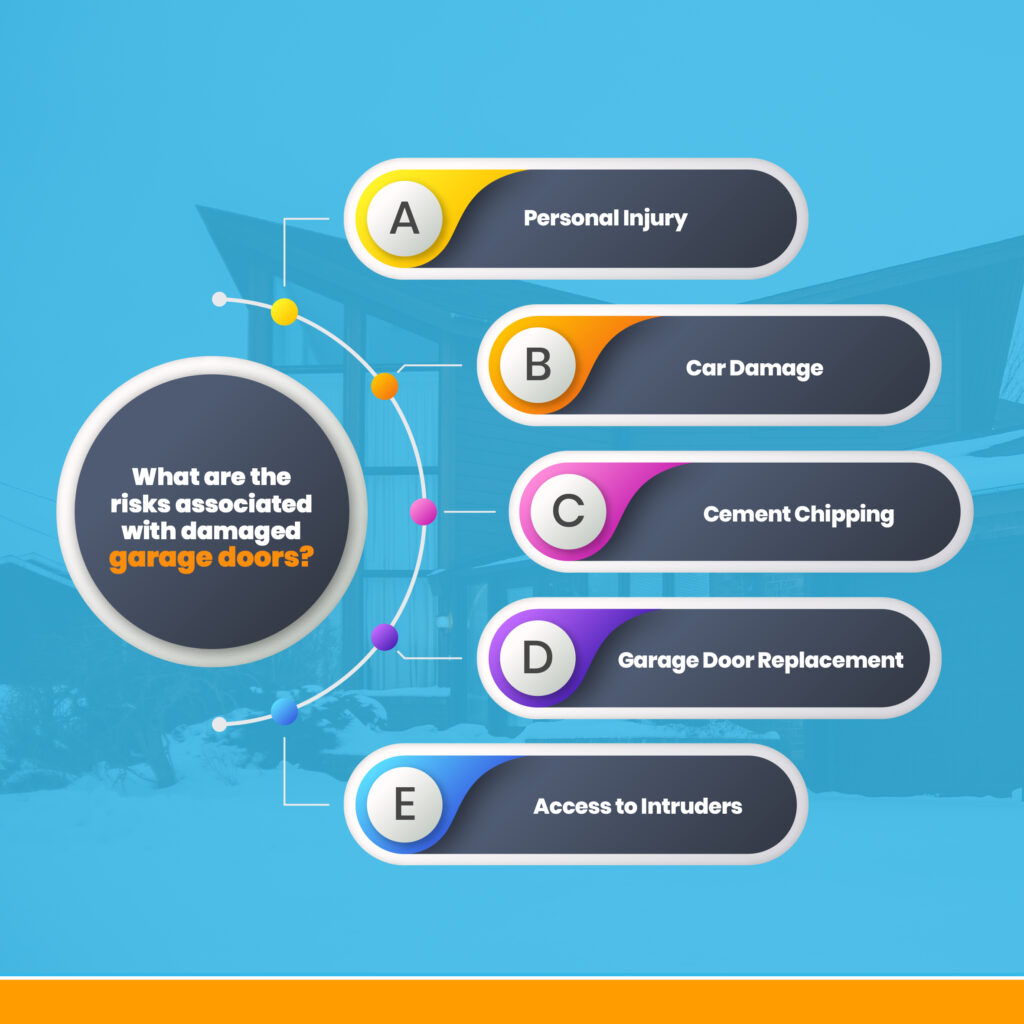
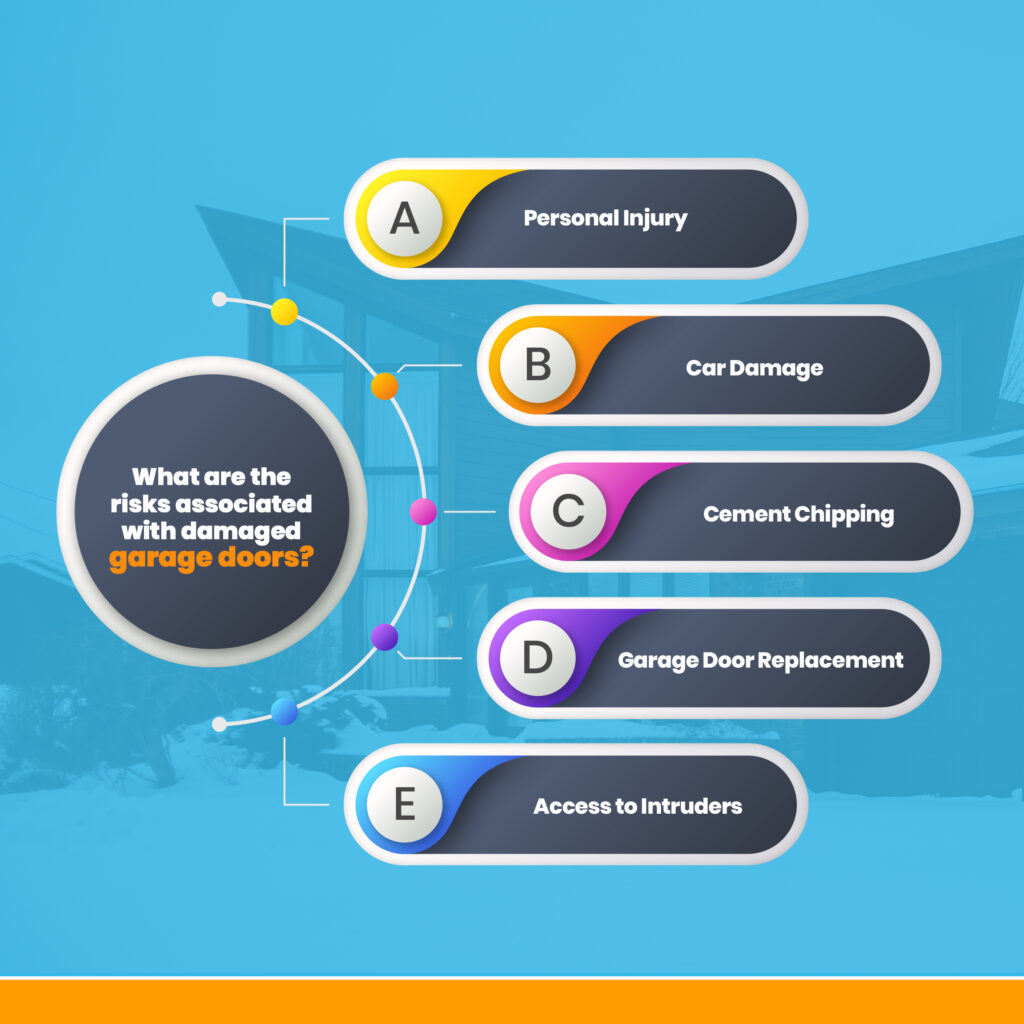

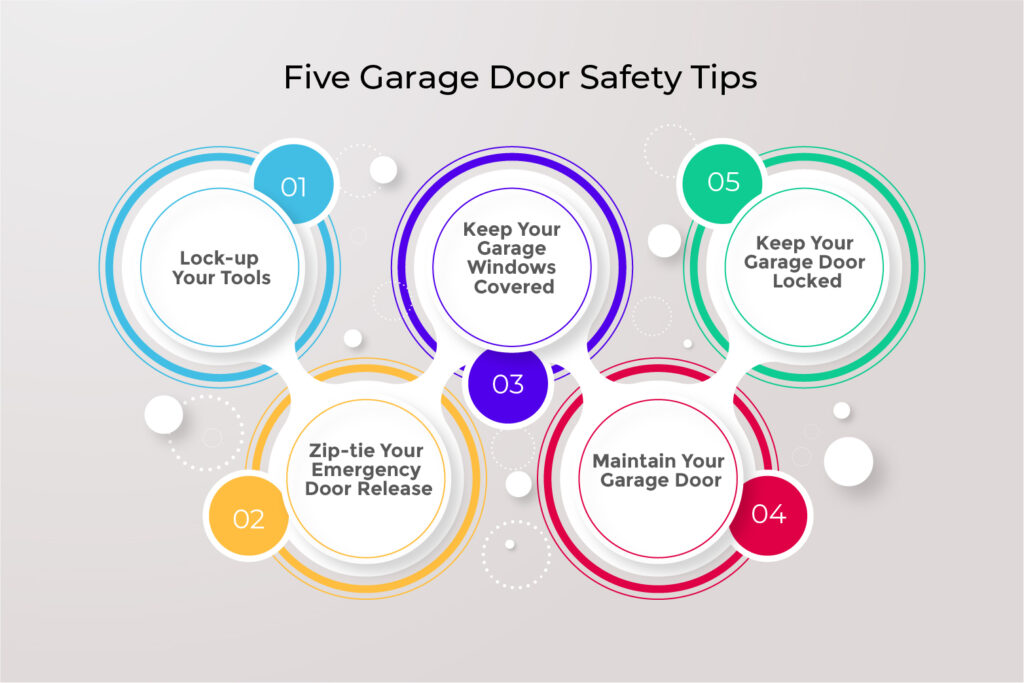
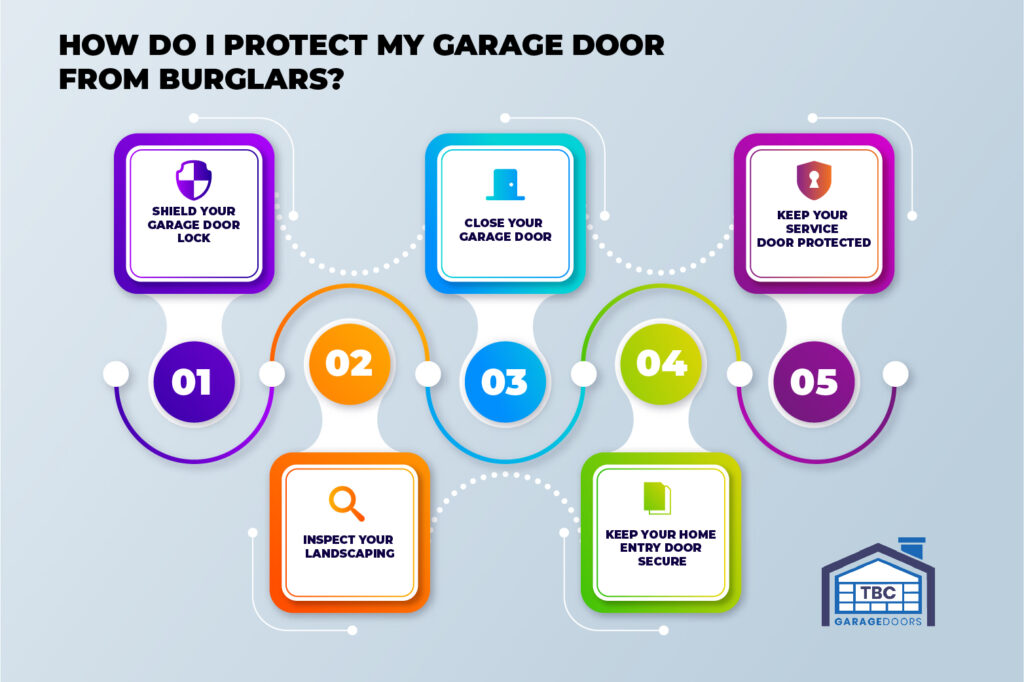
Recent Comments